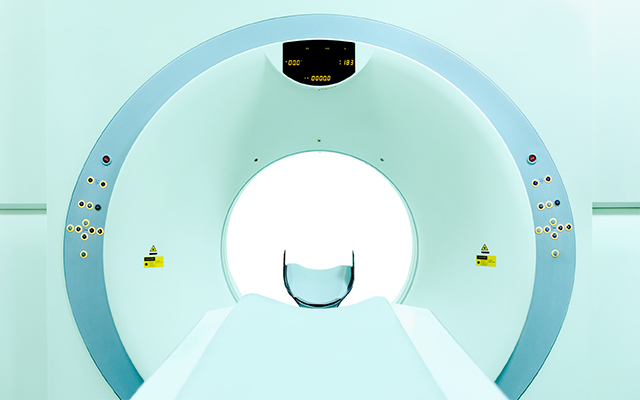This is none of my business, of course, but when he mentioned that he’d been subjected to 10 biopsies of his prostate during that visit, and was headed back in a week for more of the same, I couldn’t help but comment about the story in that morning’s newspaper arguing, rather convincingly, that this sort of thing is pretty much a waste of time and soft tissue.
Typically, my opinions about conventional medicine are seen as fairly goofy among this group. (They’re constantly trying to convince me that I am essentially committing suicide because I refuse to have a colonoscopy.) But on this occasion, they actually seemed to be agreeing with me. According to this most recent research, they noted, prostate screening seldom prolongs life and often leads to “false positives” that persuade suddenly panicky men to accept surgical procedures that result in all sorts of nasty side effects, not the least of which are incontinence and impotence.
And the kicker, they said, is that even if you do have prostate cancer when you hit your 60s or so, it’s probably not going to kill you, because it’s a very slow-growing cancer. So why even bother with the screening and treatment?
My big brother took this all in and even joked that his doctor kept calling for more biopsies so he “could pay for a new boat.” But I could tell that he wasn’t likely to question anything on his next visit. That’s the way it goes between doctor and patient for the most part. Especially when there’s a whiff of cancer in the air.
So I wasn’t surprised a couple of week later, at our monthly poker game, when he reported that his doctor had done two more biopsies. The good news is that everything was benign, but what if it hadn’t been? What do you do when your doctor hits you with the “C” word and you have to decide whether to submit to treatment that more likely than not is going to mess with your plumbing in ways you may find rather discouraging?
And how do you make that decision when you’re regularly buffeted with information about conventional medicine that can’t help but erode your trust in the whole system? Just last week, for instance, the University of Minnesota School of Public Health reported that the flu vaccine we’re all supposed to be getting in order to keep us alive through the winter only works in about six out of 10 cases. And you may recall the study a couple of years ago that suggested mammograms may not be as reliable as we’d all been told. In fact, as Gina Kolata reported recently in The New York Times, any kind of cancer screening may be not just unnecessary, but harmful.
“Cancer experts say they cannot ignore a snowballing body of evidence over the past 10 years showing over and over that while early detection through widespread screening can help in some cases, those cases are small in number for most cancers,” Kolata writes. “At the same time, the studies are more clearly defining screening’s harms.”
This is, obviously, a huge shift in the way we think about cancer treatment in particular and the whole notion of invasive medicine in general. But — primarily due to the alarming rise in health-care costs — it’s a discussion that has moved from integrative and alternative health advocates into the mainstream of the medical establishment. Even Dr. Otis Brawley, chief medical officer of the American Cancer Society, admits that doctors are “backing away from” the accepted notion that any sign of cancer is a death sentence — a view that has governed most conventional cancer treatment since 1845.
In fact, researchers now believe that the vast majority of cancers “grow very slowly or stop growing altogether,” Kolata writes. “Some even regress and do not need to be treated — they are harmless.”
As Brawley puts it, “We are going from an 1845 definition of cancer to a 21st-century definition.”
Both of my parents went through that 1845 version of cancer treatment: surgery, radiation, chemo. My father lasted about a year; my mother went from a vibrant 80-year-old to a helpless invalid within a couple of years. I can’t say for certain whether they would’ve lived longer without that treatment, but I know they would’ve lived better. And I hope my big brother will think twice before deciding to go down the same road.



This Post Has 0 Comments